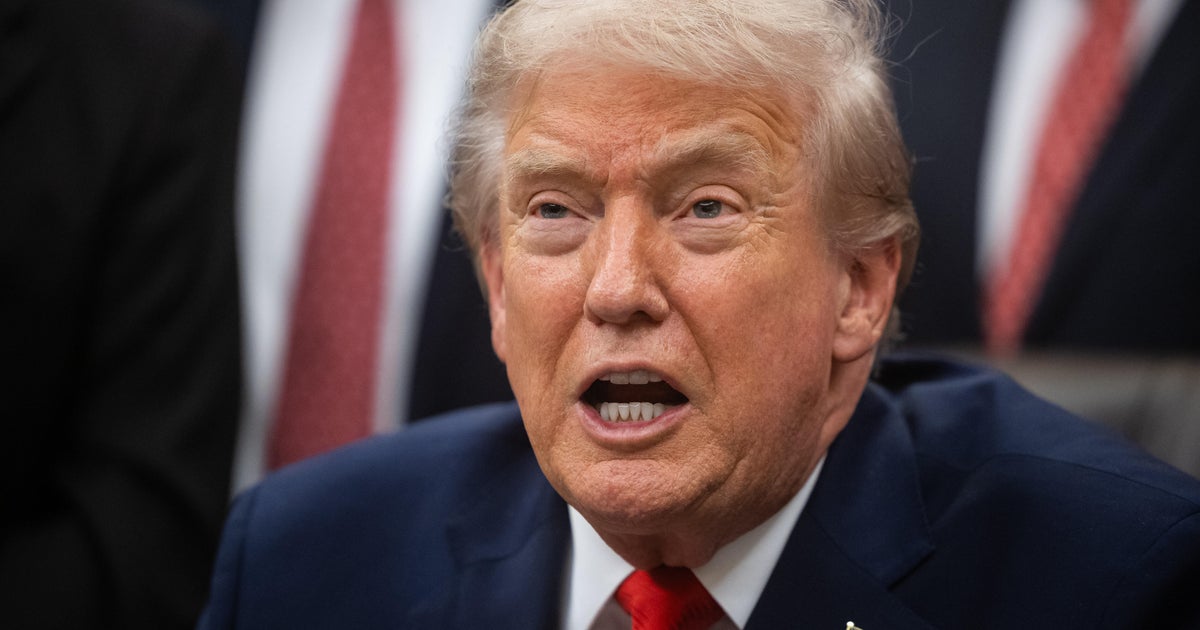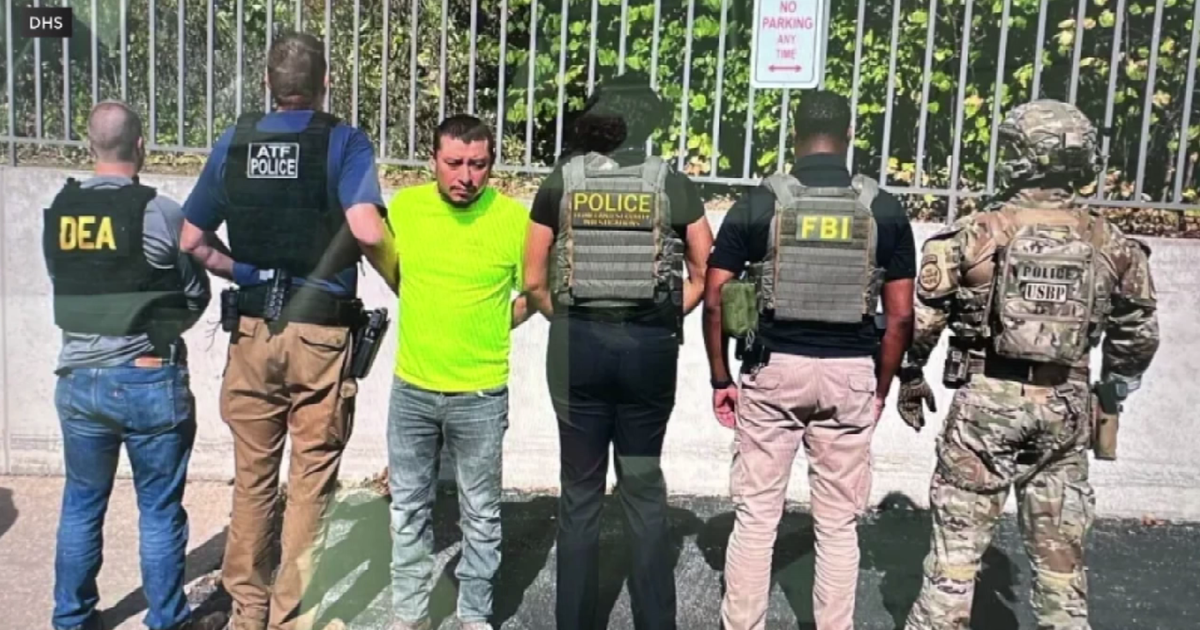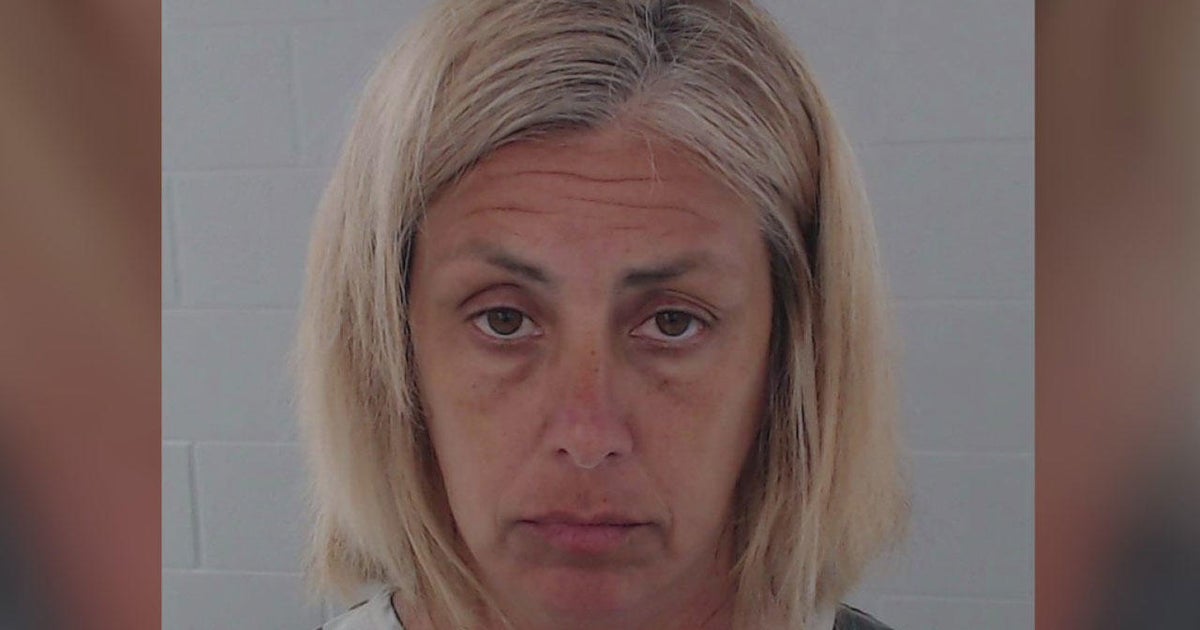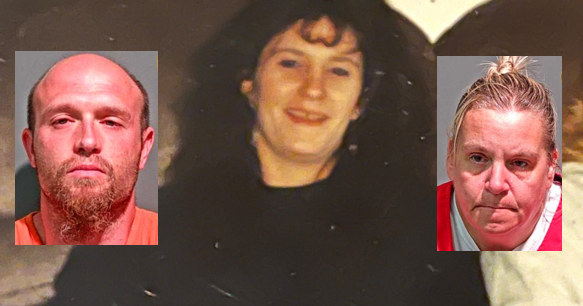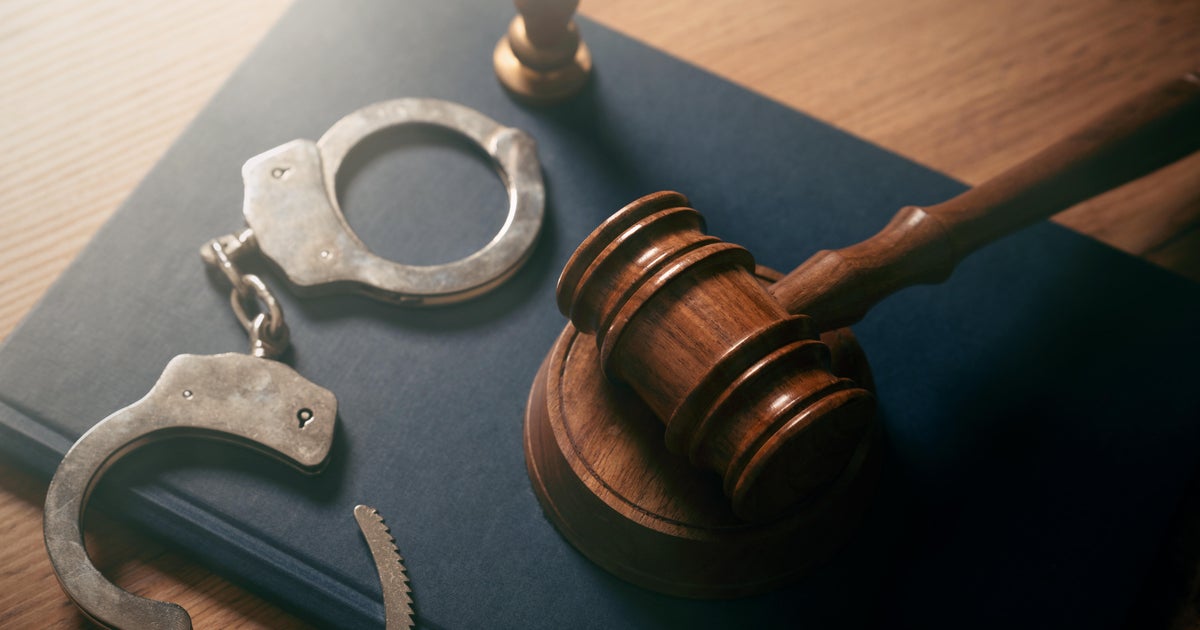Blagojevich Convicted On 17 Counts
UPDATED 06/27/11 6:17 p.m.
CHICAGO (CBS) -- It took two tries, but federal prosecutors got the victory they were looking for when a federal jury convicted former Gov. Rod Blagojevich of several corruption charges on Monday.
The jury of 11 women and one man found Blagojevich guilty of 17 counts, including allegations that he was trying to sell or trade the U.S. Senate seat vacated by President Barack Obama in 2008.
U.S. Atty. Patrick Fitzgerald, who announced the charges in 2008 by saying that Blagojevich's conduct would "make Lincoln roll over in his grave," said Monday that the "jury sent a loud and clear message that Governor Blagojevich committed very serious crimes."
But Fitzgerald also said the verdict was "a bittersweet moment" because Blagojevich clearly didn't learn any lessons from the conviction of his predecessor, former Gov. George Ryan, who was convicted of corruption charges early in Blagojevich's tenure as governor.
"Corruption is a serious problem that needs to be addressed. I hope message is sent this time," Fitzgerald said.
Blagojevich, who has spent the past 2 1/2 years claiming he did nothing wrong, said the guilty verdict was "very surprising." Leading up to his first trial last summer and the retrial this spring, he repeatedly went on TV and radio talk shows to insist that prosecutors were covering up evidence that he is innocent.
He also took the stand in his own defense for seven days. At trial, his defense team argued that the hours of FBI wiretap evidence amounted to nothing more than Blagojevich thinking out loud and that he never took any steps to get benefits for himself in exchange for his actions as governor.
LISTEN: Newsradio 780's Mike Krauser Reports
Podcast
"Patti and I obviously are very disappointed in the outcome. I frankly am stunned," Blagojevich said as he left the courthouse after the verdict. "There's not much left to say other than we want to get home to our little girls and talk to them and explain things to them and then try to sort things out."
Defense lawyer Sam Adam Jr., who was Blagojevich's lead attorney at the first trial, but did not serve on the second trial, said he was "devastated" by the guilty verdict.
"I've always believed in him. I still believe in him," Adam said. "It's gonna take a lot longer now, but I think he's gonna end up being vindicated, so I was devastated to see those counts come back guilty."
Blagojevich's brother, Robert, who was a co-defendant in the first trial, called Monday's verdict a "family tragedy on many levels."
"Rod and Patti have much to deal with and process," he told CBS 2 by telephone. "I am personally very sad for my brother."
Robert Blagojevich said he planned to talk soon with his brother but declined to say what he would say to him. Prosecutors dropped all charges against Robert Blagojevich after the first trial, when jurors deadlocked on all charges against him. He had been accused of scheming with his brother to sell the Senate seat.
Rod Blagojevich was acquitted on one count relating to an alleged shakedown of road building executive Gerald Krozel. He was accused of trying to squeeze Krozel for $500,000 in campaign cash from the road building industry in exchange for approving a major tollway project.
Jurors could not agree on a second count regarding the tollway issue. They also deadlocked on an allegation that Blagojevich was trying to get now-Mayor Rahm Emanuel to have his brother hold a fundraiser in exchange for releasing a state grant for a school in Emanuel's district.
REACTION: 'Frankly, I Am Stunned'
COUNT BY COUNT: A Breakdown Of The Guilty Verdict
JURY'S EXPLANATION: Blagojevich Crossed The Line
As the verdict was read for each count, former Illinois First Lady Patti Blagojevich was crying. The former governor himself sat expressionless.
Blagojevich had already been convicted of lying to the FBI at his first trial. With the new convictions, he faces a maximum of 300 years in prison, but his sentence will not be anything nearly that long. Legal experts predict he'll get closer to 10 years behind bars.
The jury's decision capped a 2 1/2-year saga for Blagojevich, in which he became infamous for his foul-mouthed discussions of the Senate seat on FBI wiretaps, including a tape in which he said the seat was "f***ing golden" and he wasn't "giving it up for f***ing nothing."
After the verdict, jurors said that although that specific tape definitely stood out for them, it was ultimately the total number of tapes of Blagojevich that led to his conviction.
"There were a lot of calls that supported our verdict," said one woman, who identified herself only as Juror 179. The jurors' names are being withheld until Tuesday.
Jurors explained that the Senate seat allegations were the most clear-cut, largely because they were backed up by FBI wiretap recordings.
"Those counts were the easiest for us to go through because there were tapes," said Juror 103.
Jurors also indicated that Blagojevich's decision to testify did not help him, but did not necessarily hurt him either.
"At times, I felt it was manipulative and I would have rather just heard the facts," Juror 140 said. "We felt that it was very clear he was trying to make a trade for the senate seat."
But Juror 103 said that Blagojevich did help himself when it came to the tollway allegations, saying they believed his explanation that he never tried to exchange a major tollway project for campaign cash from Krozel, but was instead focused on pushing the legislature to approve a much larger capital infrastructure program.
Jurors reached the verdict on their their tenth day of deliberations. Up to that point, they had sent only two notes to U.S. District Judge James Zagel, revealing little information about their deliberations.
The jury had heard six weeks of testimony before they began their deliberations, including seven days of testimony from Blagojevich himself. The prosecution had presented a very streamlined case compared to the first trial last summer, presenting only three weeks of evidence, compared to about six weeks of evidence at the first trial.
The guilty verdict was also a vindication of sorts for federal prosecutors, who wasted no time deciding to retry Blagojevich after his first trial last summer ended in a hung jury on 23 of 24 counts.
In response to complaints from jurors at the first trial that the prosecution's case was too complicated, federal prosecutors dropped two complex racketeering charges against Blagojevich and instead focused on five alleged shakedown attempts. They also dropped charges against Blagojevich's brother, Robert, who ran the governor's campaign fund and was tried alongside him last summer and proved to be a strong defense witness.
The decision to streamline the case led to prosecutors calling half as many witnesses as the first trial and taking half as long to present their case.
Prosecutors also jumped at the chance to cross-examine Blagojevich after he took the stand at his retrial -- something he had promised to do at his first trial before changing his mind -- attacking his credibility from the start by asking him "Mr. Blagojevich, you are a convicted liar, correct?"
Jurors said that moment in the courtroom was a shock, as up until that point, the proceedings had been relatively dry and hadn't been very dramatic.
"That scared us all ot death," Juror 103 said. "We were so nervous after that little segment."
The jury said that, although they found Blagojevich to be a likeable person while he was on his stand, they ultimately did not believe him in light of the other evidence in the case, largely because of the contrast with his own words on FBI wiretaps.
Following the verdict, U.S. District Judge James B. Zagel barred Blagojevich from leaving northern Illinois without the court's permission. He also scheduled an Aug. 1 status date for the sentencing phase of the case and set a 14-day deadline for post-trial motions such as a request for a new trial.
The defense team has already begun laying groundwork for an appeal. At the end of the trial, defense attorneys filed a detailed motion seeking a mistrial, arguing in part that Zagel's rulings against Blagojevich at trial created a biased atmosphere in the courtroom. Zagel denied a mistrial, but the motion could be the basis for an appeal of Blagojevich's convictions.
The case against Blagojevich already had prompted his impeachment and removal from office in early 2009, making him the only Illinois governor to ever be kicked out of office. As part of his impeachment, Blagojevich can never hold another elected office at the state or local level in Illinois again, although he is still eligible to run for federal office.
--Todd Feurer, CBS 2 Web Producer


